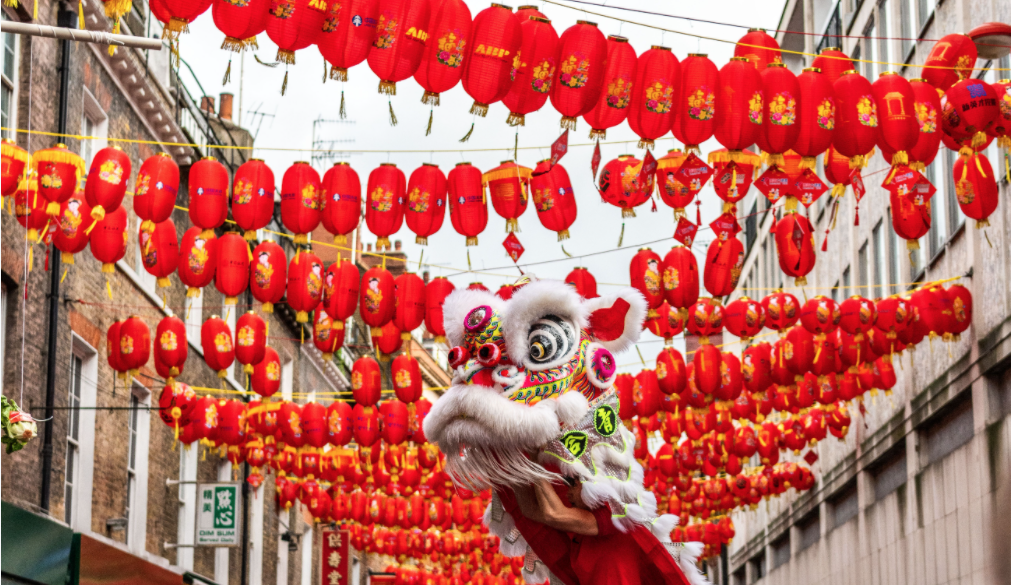While many people associate the month of May with spring, flowers, or even school coming to an end, it’s also considered Asian American and Pacific Islander Heritage Month in the United States. The purpose of this month is to recognize the contributions and influence of Asian Americans and Pacific Islanders on the United States.
History
As a brief recap of the history that led to the creation of this celebration, United States Representative Frank Horton from New York wanted to make the first ten days in May the Asian/Pacific American Heritage Week. A short while later, Senator Daniel Inouye of Hawaii proposed a similar resolution. While neither of these resolutions successfully passed, Representative Horton eventually got another resolution passed by the House and then the Senate before being signed by President Jimmy Carter on October 5, 1978. This resolution called for a seven-day period beginning on May 4, 1979, as Asian/Pacific American Heritage Week. Ultimately, in 1992, Congress passed a law that designated the month of May as Asian/Pacific American Heritage Month.

Why is Asian American and Pacific Islander Heritage Month Important?
During this time of the year, it’s a great opportunity for people to reflect upon the contributions of Asian Americans and Pacific Islanders to the United States. Some organizations and local communities may host cultural events and festivals that showcase Asian American cultures through performances, art, and cuisine. Similarly, schools might host fun events for students to participate in, so if your school hosts an event of this kind, it might be a good idea for you to attend!

